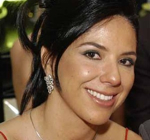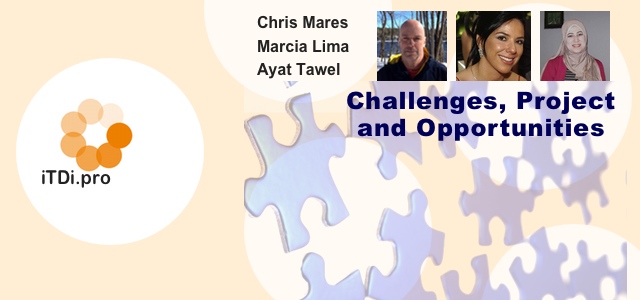Professional Challenges: Looking Back & Looking Ahead
– Chris Mares

When I began teaching, the challenges I faced unsettled me and caused stress and anxiety, not to mention sweaty palms and a racing heart. This was natural for someone aged 21 with no formal training, plunged into a country he had never been to before to teach students whose native language and culture he was not familiar with.
Decades later, in another country, and with another nationality it is the challenges of teaching that I find the most interesting and rewarding aspects of the job. That is where the heart of our mission lies, in the recognizing and overcoming of challenges whether they are internal or external. To do this we must be honest, reflective, and creative. We need to think rigorously, take risks, and find fresh ways to understand the world.
Although I didn’t realize it at the outset, of course, my biggest challenge was myself. Or, more specifically my naïve and somewhat blinkered view of the world and my inability to step back and critically observe myself and everything I encountered.
Perhaps the most important point to bear in mind is that whatever context you find yourself working in, there will necessarily be constraints and possibilities. The trick is to be able to understand the nature of the constraints and also to see the range of possibilities, even if they aren’t immediately apparent.
Let’s consider challenges in ELT from the perspective of the key issues in ELT:
How we view language
How can language best be described or organized for teaching purposes?
How can language be graded?
How we view language learning/acquisition
How is language learned or acquired?
What conditions are necessary for learning and acquisition to occur?
How we view learner
Is a learner and empty vessel to be filled?
What do learners bring to the classroom?
How can we build on what learners already know?
Are there different types of learners?
What needs do our learners have?
How can they be classified?
How do these differences impact our teaching or the materials we use?
How we view teaching
What is good teaching?
What are the principles on which good teaching is founded?
How teacher centered should teaching be?
How do we evaluate teaching?
How we view teachers
What is the role of the teacher?
How independent should teachers be?
What responsibilities should teachers have?
What norms should teachers conform to?
The contexts in which we teach
How will the contexts in which we teach influence what or how we teach?
What are the positive or negative factors related to the teaching context?
How can these be capitalized on or offset?
The materials we use to teach
What are good materials?
What principles should they based on?
What are the advantages and disadvantages of commercial materials?
How much teaching materials should teachers be expected to develop themselves?
The way we assess students
When? Why? How?
What are the different ways in which we can assess students?
What are the advantages or disadvantages of different ways of assessment?
By considering these key issues in English language teaching and the accompanying questions that naturally follow, we have a framework for approaching many of the challenges we face as teachers.
A final suggestion I have comes from Adrian Underhill and pertains to ‘low yield’ questions versus ‘high yield’ questions. Here as a scenario that illustrates what I mean. A teacher has prepared a class that she feels will be engaging and useful, one that focuses on her students needs and interests but for some reason the class is a complete flop. The teacher is forlorn and frustrated and asks herself, ‘What’s wrong with them?’ This is a ‘low yield’ question. A ‘high yield’ question would be, ‘How could I have approached that lesson differently so that the students became engaged and interested?’ Whatever challenges we face we should always search for the ‘high yield’ question.
To overcome most of the challenges we face it is necessary to take a step out of oneself, to exhale slowly and let go of ego and emotion and then to work through a series of questions such as these. In my experience there is always a solution and it is simply a matter of working through the situation in a rigorous and principled manner.







 The last challenge I want to share with you is one we all come across, which is how to spend the summer holiday, without feeling bored and if we can get some professional development to refresh our experience without spending too much and at our own pace … whenever and however we can and want.
The last challenge I want to share with you is one we all come across, which is how to spend the summer holiday, without feeling bored and if we can get some professional development to refresh our experience without spending too much and at our own pace … whenever and however we can and want.